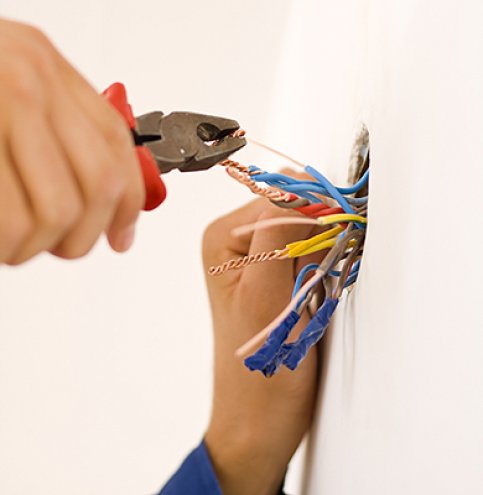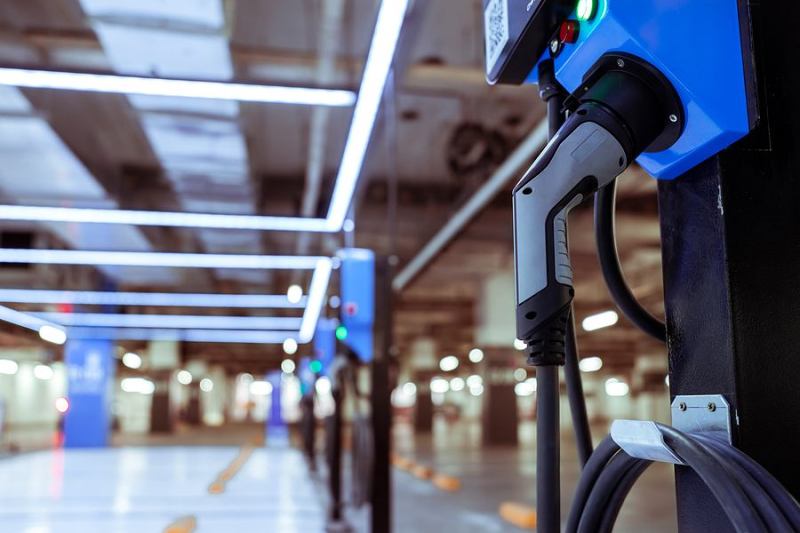


24-Hour Emergency Electricians in Fort Worth, TX
Call this Saturday to Get 15% OFF
Need an electrician?
Schedule NowRequest Electrical Service Now
817-585-2993
One of the most daunting tasks for anyone looking to purchase an electric car is how to charge it. Will I need a special charging station? Dedicated power in my garage? What if my driveway isn't level with the street, requiring someone to install a special outlet? The charging equipment you need to charge your electric vehicle at home depends on your own type of EV. Mr. Electric can help you with your EV charging station installation needs.
With the increasing popularity of electric vehicles, more and more people are considering buying an EV. But how do you charge an electric car at home?
While it may seem like a hassle to plug in your car every night, it's quite simple. As long as you have a power outlet, you can charge your EV.
The first step is finding out what type of charging equipment is compatible with your vehicle (usually listed on the manufacturer's website). Once you know this, it's time to buy the equipment!
Electric car charging stations can be found at many public locations, including shopping malls, restaurants, and hotels. You can also purchase an EVSE (electric vehicle supply equipment) for your home or office.
Electric vehicles can be much better for the environment than gas-powered cars. Even though they run on electricity, they don't emit pollution or greenhouse gasses. The electricity that runs EVs can come from various sources, including wind and solar power.
If you're considering buying an EV, you may wonder how much it will cost to charge it. You also might want to know if you need any special equipment to charge your car at home. The answer depends on the type of EV and how often you use it.
If you're planning on owning an electric vehicle, it's worth it to invest in a home charger that can handle 240-volt power. A Level 1 charger comes with most new electric vehicles (110 volts). If you want to charge at home overnight, it's best to get a Level 2 charger, so it doesn't take all day to fill up your tank.
Your electric vehicle will have everything on board to charge your vehicle - the box, cord, and plug.
An EVSE is a charger that you can plug in to charge an electric car. They come in two types: Level 1 and Level 2, and level 1 chargers require an extension cord, while Level 2 chargers do not.
Some people refer to Level 1 chargers as "trickle charges" because they are slow, but they are useful if you only need to charge your car for a short time or if the power goes out and you need emergency power.
Level 2 chargers are faster and more convenient because they don't require an extension cord.
Installing an ESVE requires that you have a dedicated 240V circuit with wiring capable of handling up to 30 amps. This means enough power for your EVSE and your other household appliances. If you don't have this kind of wiring in your home, it will take a professional electrician to install it for you.
The best way to charge an EV at home is to install a home charging station. Mr. Electric can support your EVSE charging installation. We can provide a home energy assessment, which can be invaluable when deciding what EV fits your lifestyle best, and how much juice you'll need.
Contact Mr. Electric today to have one of our EV charger installers!